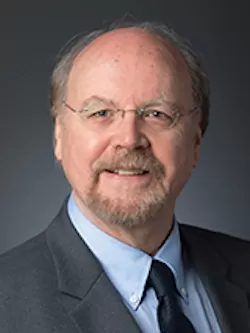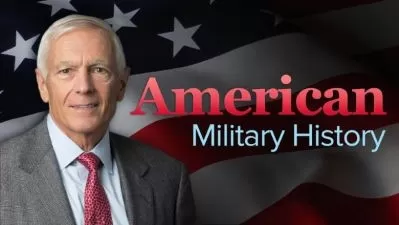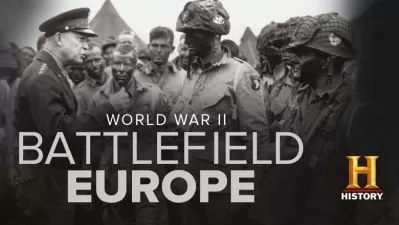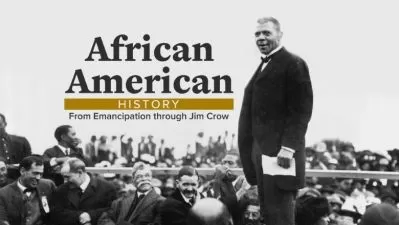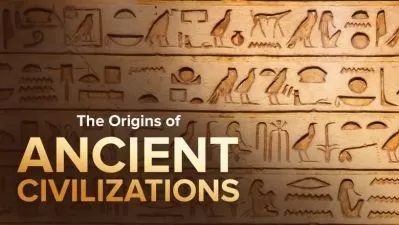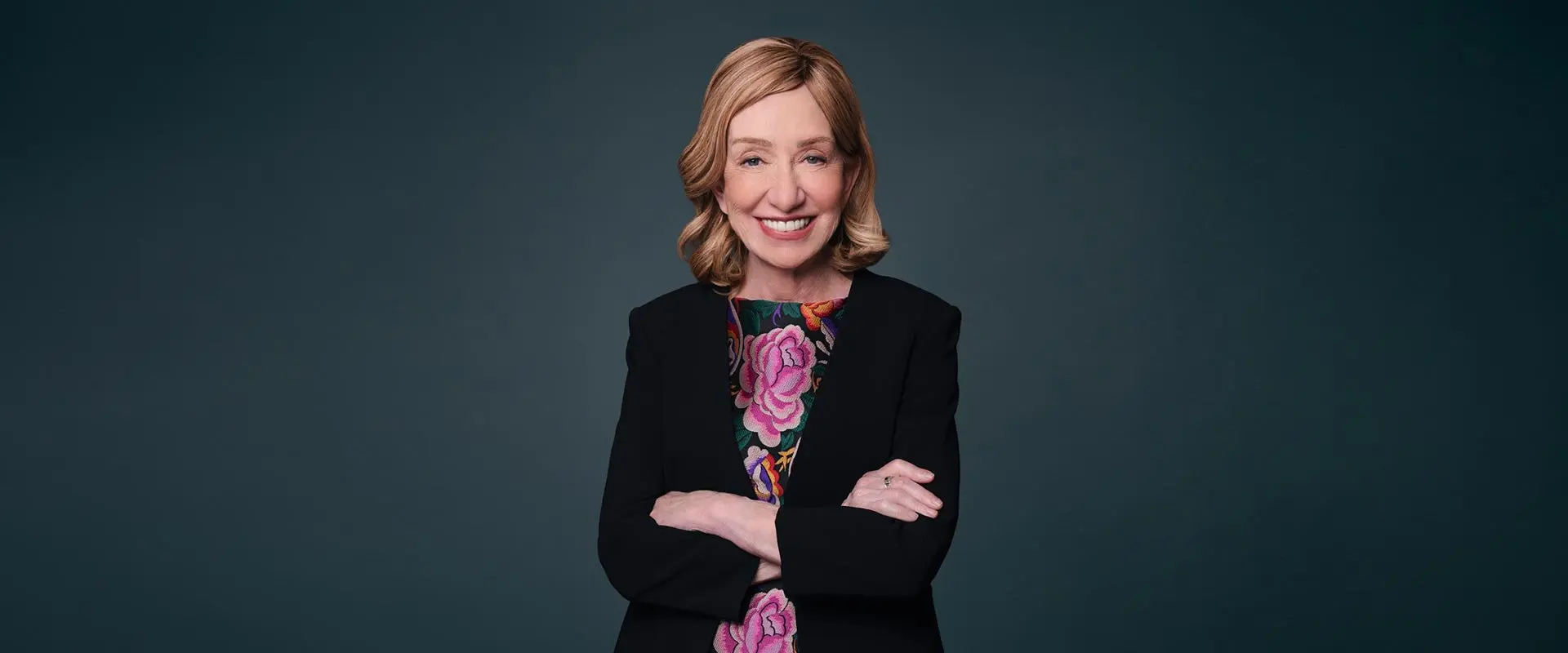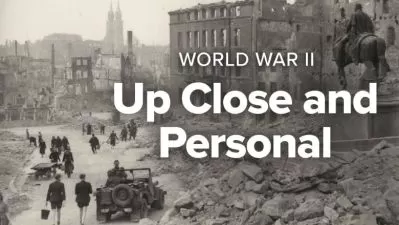Reconsidering JFK
Michael Shelden
6:00:10
Description
The John F. Kennedy presidency has an indelible hold on our imaginations. Even more than half a century later, we remain captivated by the charismatic young leader who promised us the moon, who remained steadfast in the face of nuclear catastrophe, who told us to “ask not what your country can do for you, but what you can do for your country”—and whose life was cut short by an assassination that remains shrouded in mystery.
Although so much ink has been spilled and so many films have been made about JFK, recent years have seen the public release of documents and interviews with the people who knew him best, shedding new light on a man who perhaps never fully revealed himself to anyone: the courageous soldier, the political neophyte, the stylish leader, the casual playboy. Who was JFK? And what do we know about his presidency now that it, too, has been abridged and romanticized by history?
Reconsidering JFK is your chance to transport yourself back to a more innocent time in America, to a presidency mythologized in the romantic vision of “Camelot.” In these 12 in-depth lectures, Professor Michael Shelden of Indiana State University brings you the latest research and firsthand accounts to capture a fresh angle on a multifaceted, always fascinating American president.
Unlike most considerations of JFK, Professor Shelden takes you into the story through the eyes of people who experienced it. For instance, it is difficult to reflect on Kennedy’s assassination in Dallas without also thinking about Lee Harvey Oswald and Jack Ruby, the CIA and the mob, the Zapruder film, and the grassy knoll.
But when you look at that fateful day through the eyes of those who lived it, a more fundamental question emerges: Why was JFK in Dallas to begin with? As you will discover through Professor Shelden’s telling, political tensions in Texas threatened to split the Democratic Party apart. Here, you’ll meet grumpy Lyndon Johnson, forced to go on a reconciliation tour, bickering with colleagues until the shots were fired.
Historians traffic in drama, focusing on the turning points that change the world forever. JFK’s presidency certainly was a turning point, but what remains so compelling is the human drama behind events such as the Bay of Pigs or the Cuban Missile Crisis. Reconsidering JFK is a story of the human drama—and the heart of the enigmatic man who changed the world.
The Rise of a Star
How did JFK become president? Although he came from a well-to-do and well-connected family, he was not the favored son to go into politics. As Professor Shelden recounts, young Jack in the 1950s was sickly and inexperienced, a war hero but also an unserious playboy. Most of all, he was part of a political establishment that expected young men to pay their dues.
Then, Professor Shelden takes you into the dramatic 1956 Democratic convention, where the young senator makes an astonishing showing, catching everyone off guard with his charisma and political savvy. You will see the wheeling and dealing that prevented him from achieving a place on Adlai Stevenson’s ticket—but also how this showing set young Jack up for a run at the presidency in 1960.
The human dramas surrounding JFK’s rise are many, including:
- the role of mass media in building a candidate;
- the nation’s fears of a Catholic president;
- the 1960 televised debates between Kennedy and Richard Nixon;
- the tensions within the Democratic party between progressive New Englanders and southern segregationists; and
- Kennedy’s ability to mask his Addison’s disease and project a winning image.
The Education of a President
What was the secret to his success as president? Projecting a winning image might get you elected, but once you become president you have to find a way to govern. In three short years, President Kennedy arguably faced more challenges, at home and abroad, than any president in the second half of the 20th century.
His first test came quickly, when the CIA armed a group of Cuban rebels and sent them off to storm a beach at the Bay of Pigs. Perhaps naively, Kennedy approved the invasion but then surprised almost everyone by resisting full-scale war with Cuba—and by proxy, the Soviet Union. He may have been set up by hawkish Cold Warriors, but he showed resolve in resisting escalation.
The challenges didn’t stop with the Bay of Pigs. Almost immediately, he was hit with problems around the world:
- rising tension in Vietnam, including a coup of President Diem;
- labor negotiations with American corporate giants;
- the Cuban Missile Crisis and the threat of nuclear annihilation;
- the Civil Rights Movement and the urgent need for social change; and
- hostile world leaders set on testing him any chance they could.
Uncover the interviews and documents to go inside the mind of Kennedy and his compatriots as they navigated a world in flux.
The Legacy of Camelot
In the days following Kennedy’s assassination, his legacy began to take shape. Jacqueline Kennedy referred to their time in the White House as Camelot, implying JFK was a King Arthur knight errant. As a glamorous first lady, Jackie Kennedy certainly helped to build the mystique around this all-American couple.
But as you will learn, JFK was a master of compartmentalizing so that the range of people who knew him—from Irish Catholics in Boston to Harvard friends to fellow sailors in World War II—each saw a little something different. Now that 60 years have passed, we are able to examine the multiple shards of his identity and assemble a cohesive picture of a president easy to mythologize. Reconsidering JFK gives you a well-rounded character study of a compelling—but flawed—American icon.
More details
User Reviews
Rating
Michael Shelden
Instructor's CoursesMichael Shelden is a Professor of English at Indiana State University, where he has won the top award for excellence in scholarship, the Theodore Dreiser Distinguished Research/Creativity Award, three times. He earned his PhD in English from Indiana University. He is the author of six biographies, including Orwell: The Authorized Biography, which was a New York Times Notable Book and a finalist for the Pulitzer Prize. His other Great Courses include How Winston Churchill Changed the World; George Orwell: A Sage for All Seasons; and England, the 1960s, and the Triumph of the Beatles.

The Great Courses
View courses The Great Courses- language english
- Training sessions 13
- duration 6:00:10
- English subtitles has
- Release Date 2023/08/19





